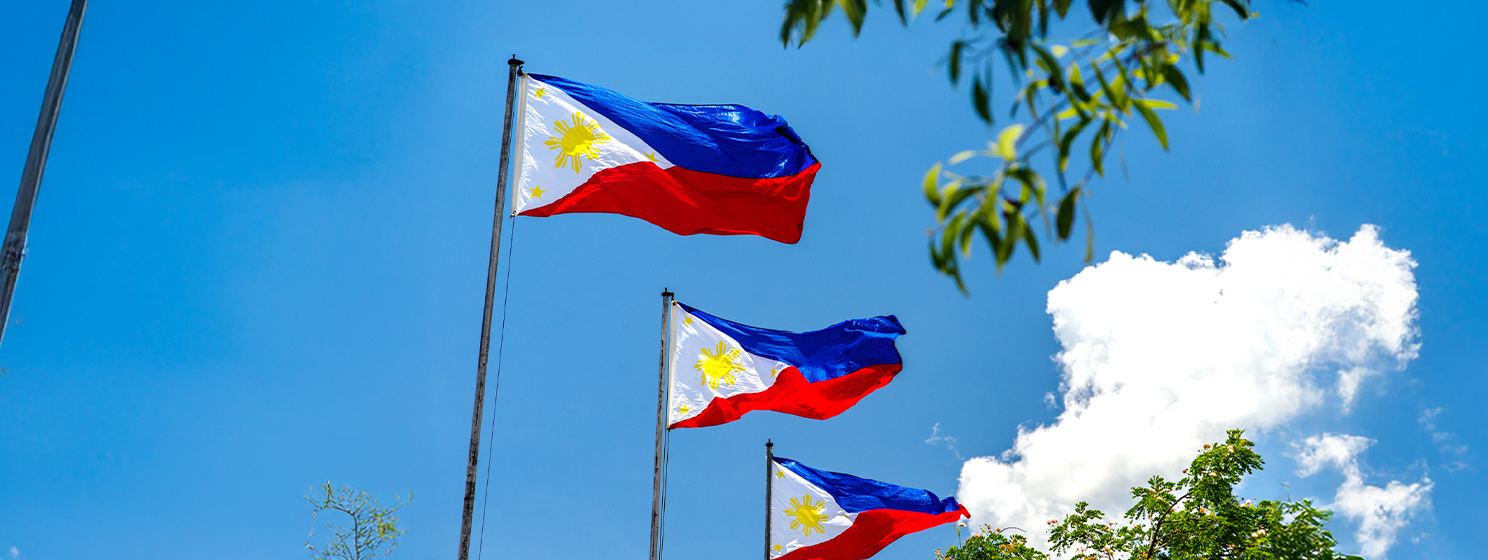|
Getting your Trinity Audio player ready...
|
The Philippines has achieved a remarkable milestone in the 2024 United Nations e-Participation Index (EPI), climbing 31 places from its 80th position in 2022 to secure 49th among 193 countries. This leap highlights the nation’s commitment to leveraging technology to enhance public engagement in government processes.
“This milestone underscores our dedication to making government services more accessible, transparent, and participatory for every Filipino,” Department of Information and Communications Technology (DICT) Secretary Ivan John Uy said in a statement.
The UN e-Participation Index evaluates countries’ use of online tools to promote interaction between governments and citizens, focusing on inclusivity and accessibility. Complementing this progress, the Philippines also advanced 16 spots in the UN E-Government Development Index (EGDI), moving to 73rd place from 89th in 2022.
The eGov Super App: Transforming governance
At the core of this digital transformation is the DICT’s flagship initiative, the eGov Super App. Launched in July 2022, the app integrates various government services into a single platform, offering Filipinos a convenient, mobile-first solution for interacting with national and local agencies.
The app’s features range from renewing business permits and generating digital national IDs to accessing health consultations through eKonsulta and managing travel declarations. Since its launch, it has garnered over nine million active users, saving citizens time and reducing costs.
DICT Undersecretary David Almirol highlighted the app’s technical sophistication, noting its seamless integration with existing government systems. Almirol said the eGov Super App aggregates existing systems using Single Sign-On (SSO) and API integration, ensuring compatibility with current agency systems.
Strengthening partnerships for broader impact
Collaboration with various government departments has expanded the app’s reach. For example, integrating the Philippine eVisa Portal into the platform simplifies visa applications, boosting tourism accessibility. Partnerships with agencies like the Department of Health (DOH) and Department of Labor and Employment (DOLE) have introduced features such as resume-building tools and job-matching systems, while the Professional Regulation Commission (PRC) and Philippine Health Insurance Corporation (PhilHealth) contribute to health and employment benefits.
Almirol said these partnerships ensure the app remains a citizen-centric solution that simplifies interactions with the government.
Progress reflected in global rankings
The country’s rise in the UN e-Participation Index mirrors EGDI improvements, which measure online service delivery, telecommunication infrastructure, and human capacity. The Philippines’ EGDI score of 0.7621 surpasses the global average of 0.6382, signalling progress in digital governance.
DICT said the achievement is not just a rank but also a reflection of the country’s unwavering commitment to breaking down bureaucratic barriers and ensuring every Filipino has access to efficient, transparent, and inclusive government service.
Driving innovation through digital platforms
The DICT has been relentlessly pursuing innovation, developing 25 digital platforms, with 20 already operational. These include eTravel: Facilitating paperless entry and exit for over 35.6 million users; eLGU: Empowering 900 local government units to streamline processes; eNGA: Integrating 75 national government systems for cohesive operations; eReport: Allowing citizens to report crimes, and emergencies, or provide feedback on services.
The “Bayang Digital ang Bagong Pilipinas” campaign launched in 2024 further solidifies the DICT’s vision for the digital-first Philippines, emphasizing agile governance and citizen-centric solutions.
eGovChain: First government blockchain
In June, the Philippines unveiled its first government blockchain, eGOVchain. Almirol announced the development, describing it as a groundbreaking platform designed to enhance transparency, security, and efficiency in various government services.
Almirol shared plans to launch a second blockchain node by year-end, collaborating with private companies to advance the project. He underscored the technology’s role in simplifying integration processes, promoting transparency, and ensuring cybersecurity. He said the Philippines hopes to become one of the first countries to have a government blockchain-enabled system. Blockchain, he explained, will ensure data integrity and bolster public trust, offering a secure and efficient foundation for government transactions.
Future developments
The DICT plans to incorporate artificial intelligence (AI) bots, citizen reporting modules, and tools to support startups into the eGov Super App. These enhancements aim to foster innovation, accessibility, and transparency in government interactions.
Almirol shared that the department’s vision is to empower Filipinos with a citizen-centric solution that simplifies their interactions with the government.
The DICT has formalized collaborations with over 50 government agencies through Memorandums of Understanding (MoU), ensuring sustained progress in digital governance.
As the DICT continues to innovate and expand its digital initiatives, the Philippines is poised to strengthen its global standing in e-governance, transforming how its citizens interact with the government.
Watch: How can Philippine startups unlock Web3? Experts weigh in

 02-17-2026
02-17-2026 




